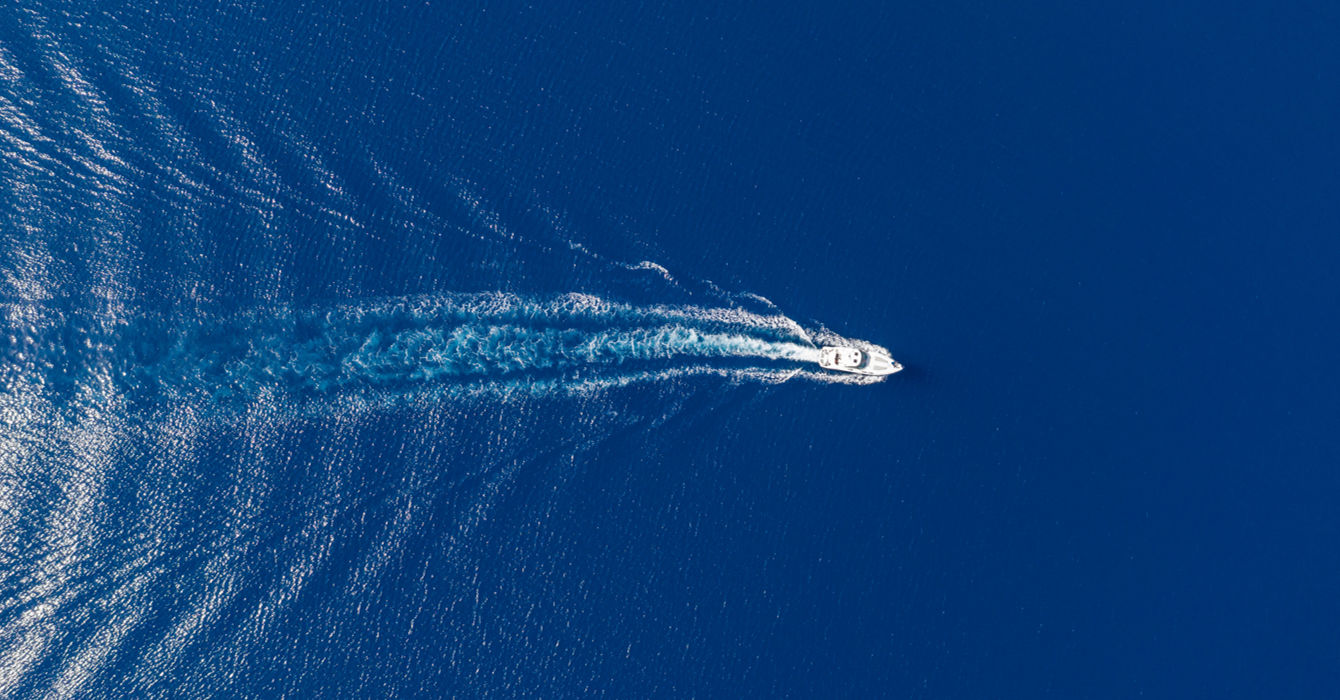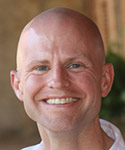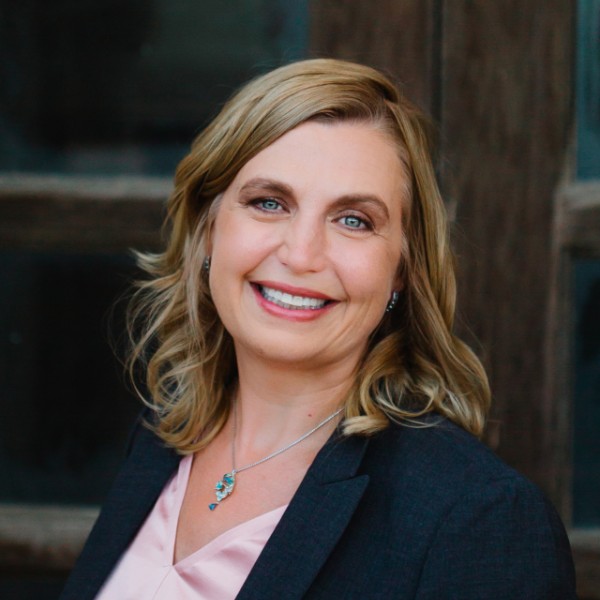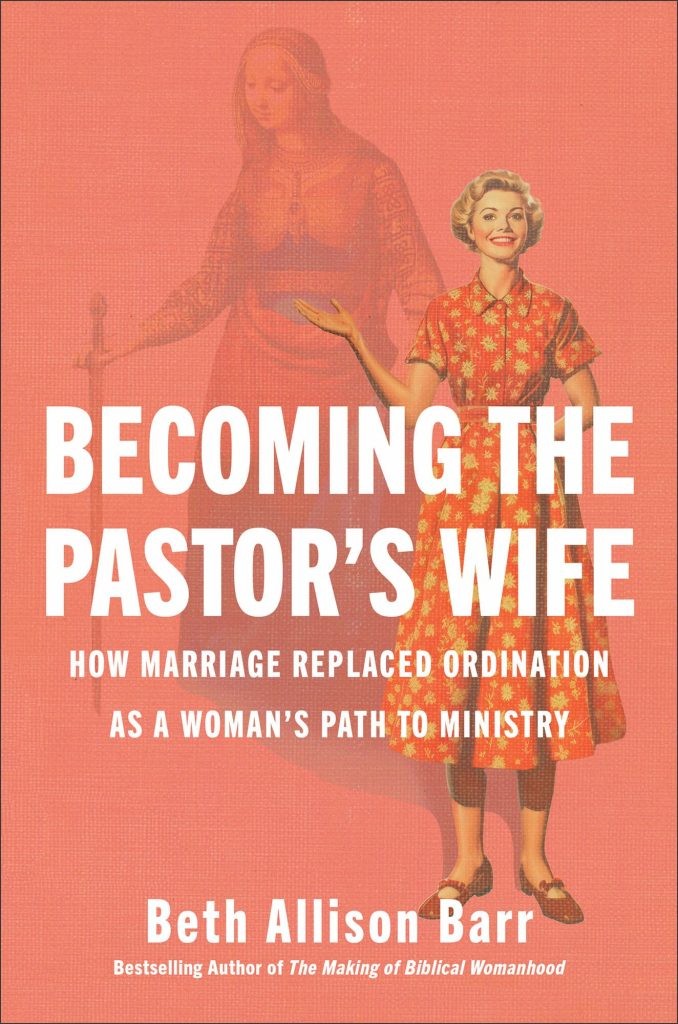It was a steamy August afternoon 25 years ago now.
Hundreds of wide-eyed incoming freshmen, myself included, filed into the university’s chapel that Wednesday for the first event of freshmen orientation. As we sat in those pews, I’m confident that our visions for the weeks and months ahead ranged from “Animal House” to a collegiate version of “Dead Poets Society.”
One by one, speakers welcomed us with warmth and enthusiasm, a few cliches and predictable points. The future was bright, they said, and the possibilities of university life endless. They spoke of the gifts and talents they’d read about in our applications. We were bringing so much, and it could and would all be honed across our years of study.
Speech after speech that afternoon lauded possibility, opportunity. That is until the last speaker, the dean of students.
A sober and somber man, his theme was responsibility, his metaphor boating. Earlier that summer, he told us, he had gone out on his favorite lake and saw familiar signs designating a part of the lake a “no wake zone.”
While true and possible while boating, he cautioned that it was an impossibility in life. There was simply no such thing as a no wake zone.
Every action had consequences; every choice had ramifications that spread out across the years and across communities. Every decision we would make in college would impact our lives as well as the lives of every other person in that room.
With each word, those teenaged visions of “Animal House” were being complicated. No doubt, that was his hope.
He asked us to keep another sign in mind. He had once been boating on a different lake, and there, instead of “no wake” warnings, that lake had posted signs asking boaters simply to “mind your wake.” Awareness was the key. Attentiveness to others. Care for what you were leaving behind, cognizant of the way that your decisions impact a whole ecosystem of relationships.
“Mind your wake.”
The same would be true for us, he said, in college and in life. More than two decades later, I have not forgotten his speech. In moments of decision, I still hear his voice: “Mind your wake.”
People who write and study leadership have a lot to say about the importance of vision, and most of the leaders I have known and worked with answer well Margaret Wheatley’s call for leaders to “spend time in the future.”
They are future-focused folks with an eye on tomorrow, to what’s needed and what’s possible. They’re imaginative, not in the make-believe sense of that word but in the creative and hopeful senses. This is a true gift.
The challenge with this farsighted orientation, though, is that it can mean some leaders pay practically no attention to what they are leaving behind. A perennial focus on tomorrow — even if that focus is prophetic — can blind us to the real lessons and legacies of yesterday.
In its worst form, this is where leadership can easily become unethical. Our bid for the future can have us minimize or even ignore the implications of our past behavior. Everything can be justified if the future is bright enough.
I hear the dean caution, “Mind your wake.”
There is another outcome of this future focus that may be still more tragic. When our energy is dedicated to tomorrow, we may lose sight of what all the yesterdays really meant.
I had occasion years ago to befriend the retired chief executive of a well-known international nonprofit and I regularly visited with him. He was clear-eyed about the future. Diagnosed with an untreatable and aggressive cancer, he knew that he would soon die. Time was working against him as he tried to say his goodbyes to friends and family.
The challenge with this farsighted orientation, though, is that it can mean some leaders pay practically no attention to what they are leaving behind. A perennial focus on tomorrow — even if that focus is prophetic — can blind us to the real lessons and legacies of yesterday.
In one of my last visits with him, he asked if I would hold his hand. He started to cry.
“Tell me it mattered,” he sobbed. “Tell me my life meant something.”
I had never seen him this vulnerable, this fragile, this uncertain about his life’s work or his life’s meaning.
“Of course, it did,” I tried to assure him. “Of course.”
He couldn’t hear me, wouldn’t believe me. Again and again, he just sobbed, “Tell me it mattered. Tell me my life mattered.” Finally, exhausted from crying, he fell asleep. After a while, I kissed the back of his hand and walked out of the room.
I was shaken. How could this man who had accomplished so much in this life come to its end and be haunted with the thought that none of it had mattered? How could this leader who had built organizations, changed systems and inspired countless others know that depth of despair?
It’s too simplistic to say that he had lost sight of his wake but it’s also not wrong. He couldn’t see what he had left behind.
A few months later, at his funeral, friends, family and former colleagues eulogized him. The service stretched on for hours because there was so much to say. There were so many tributes to his work and his life. I wish he had heard them — perhaps then he would have known some measure of peace at the end, peace that I couldn’t provide.
In the end, I imagine that most of us want to know that we have traded our days for more than dollars but for something that matters, something that will outlast us. Haunted by the other lives that we could have lived, there’s a part of each of us that wants to know that this life that we have invested in this work, in this place, in these people was worth it.
Mind your wake. There’s life to be found in both vision and reflection, in tomorrow and yesterday.














